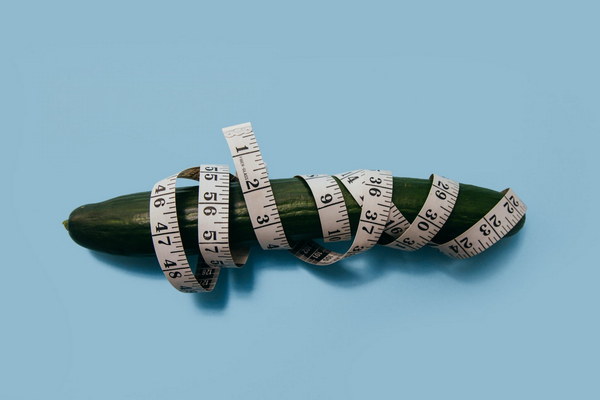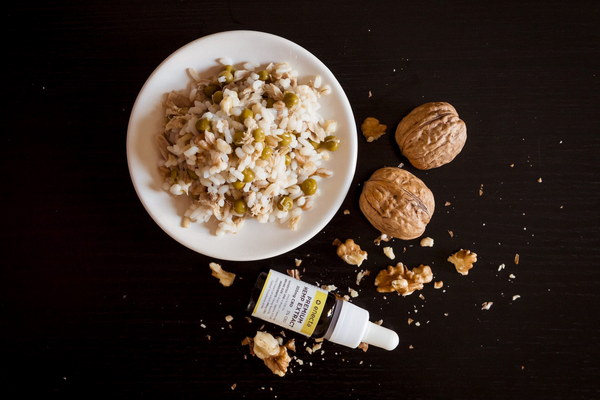Affordable Liver and Kidney Care Health Tips for the Economically Challenged
In today's fast-paced world, it's becoming increasingly difficult for individuals to maintain a healthy lifestyle, especially those who are economically challenged. However, it's important to remember that taking care of our liver and kidneys doesn't always have to break the bank. Here are some practical tips on how to maintain liver and kidney health without spending a fortune.
1. Maintain a Balanced Diet
One of the most effective ways to keep your liver and kidneys healthy is by eating a balanced diet. This doesn't mean you have to spend a lot of money on organic produce or expensive supplements. Instead, focus on incorporating the following into your meals:
- Fresh fruits and vegetables: These are packed with essential vitamins, minerals, and antioxidants that help to protect your organs from damage.
- Lean proteins: Fish, chicken, and legumes are great sources of protein that won't strain your kidneys.
- Whole grains: Foods like brown rice, quinoa, and whole-wheat bread can help reduce the risk of kidney disease.
- Healthy fats: Avocado, nuts, and olive oil are good sources of healthy fats that can support liver function.
2. Stay Hydrated
Proper hydration is crucial for maintaining kidney health. Drinking plenty of water helps to flush out waste and toxins from your kidneys, reducing the risk of kidney stones and infections. While bottled water can be expensive, you can save money by investing in a water filter and using tap water instead.
3. Limit Alcohol and Avoid Smoking
Both alcohol and smoking can have a detrimental effect on your liver and kidneys. Alcohol can lead to liver disease, while smoking increases the risk of kidney damage. If you're struggling to quit, consider seeking help from a local community center or support group, which may offer free or low-cost resources.
4. Exercise Regularly
Regular physical activity can improve your overall health and help to keep your liver and kidneys in good condition. You don't have to spend a lot of money on a gym membership. Instead, try walking, jogging, or cycling. These activities are not only cost-effective but also have numerous health benefits.
5. Manage Chronic Conditions
Chronic conditions like diabetes and hypertension can have a significant impact on your liver and kidneys. It's essential to manage these conditions effectively to reduce the risk of organ damage. If you have a chronic condition, work with your healthcare provider to develop a plan that fits within your budget.
6. Practice Stress Management
Stress can take a toll on your liver and kidneys. Find ways to manage stress, such as meditation, yoga, or spending time with loved ones. These activities are often free or low-cost and can help improve your overall well-being.

7. Seek Affordable Healthcare Resources
If you're experiencing symptoms of liver or kidney problems, it's important to seek medical attention. However, healthcare costs can be a significant concern for many. Look for affordable healthcare resources in your community, such as clinics that offer sliding scale fees based on your income.
8. Educate Yourself
Knowledge is power when it comes to maintaining your health. Learn about the signs and symptoms of liver and kidney diseases, as well as the lifestyle changes that can help prevent them. This information can help you make informed decisions and take proactive steps to protect your organs.
In conclusion, taking care of your liver and kidneys doesn't have to be expensive. By maintaining a balanced diet, staying hydrated, limiting alcohol and smoking, exercising regularly, managing chronic conditions, practicing stress management, seeking affordable healthcare resources, and educating yourself, you can keep your organs healthy without breaking the bank. Remember, your health is an investment in your future well-being.









